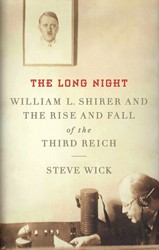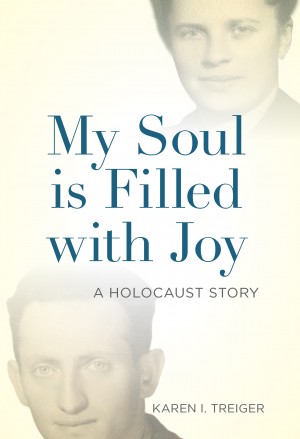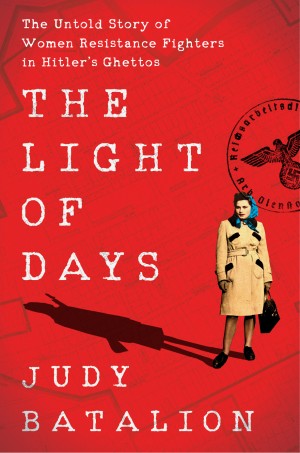The two most influential books that shaped the ideology of Nazi Germany were Hitler’s Mein Kampf and The Myth of the Twentieth Century by Alfred Rosenberg, one of the most hated men in the Nazi hierarchy. Along with his published writing, Rosenberg kept a 500-page diary, which was smuggled out of Germany along with hundreds of other documents by Robert Kempner, the former Nuremberg prosecutor, to his home in Landsdowne, Pennsylvania.
Robert K. Wittman, the founder of the FBI’s Art Crime team and a national expert on cultural property crime, and David Kinney, a Pulitzer Prize-winning reporter deliver a complicated but riveting account of the Nazi war against the Jews as seen through the prism of Rosenberg’s diary, as well as a comprehensive account of Rosenberg’s Einsatzstab, an office responsible for the confiscation of more than 650,000 pieces of art and cultural artifacts from Jews and others. The authors also provide an unflattering account of Kempner, better known as an opponent of the Nazis, but who used his knowledge of the Nazi political system toward ruthless self-promotion.
Kempner was a Jewish lawyer in Berlin in the 1920s, but his German citizenship was revoked by the Nazis in 1935. He was forced to emigrate to Italy, where he ran a school for wealthy German Jewish children, but abandoned them when Mussolini implemented Nazi-like racial laws in 1938. Eventually Kempner migrated to the United States and sought a position at the FBI, where he touted himself as an expert on the Third Reich, Subsequently, Kempner served as an assistant counsel on behalf of the United States during the International Military Tribunal prosecuting Hermann Goering and Wilhelm Frick.
Among the 23 major Nazi defendants at Nuremberg was Alfred Rosenberg, charged with war crimes. He was accused of waging ideological warfare against the Jews and the churches, preparing the Nazis with psychological and political justification for its wars of aggression, and participating in war crimes and crimes against humanity as Reich minister for the Occupied Eastern Territories. At his trial, the prosecutor argued, that “it will be seen that there was not a single basic tenet of the Nazi philosophy which was not given authoritative expression by Rosenberg… .” Rosenberg was found guilty and sentenced to death.
Although the book focuses on the search for Rosenberg’s diary, it is also about Nazi murder against the Jews in Eastern Europe, Rosenberg’s tacit consent to the German plan for starving the Soviet Union, the recovery of stolen art, and the search for priceless documents — including the Rosenberg diary — in an excellent book that proves itself welcome addition to Holocaust historiography.
Related Content:





